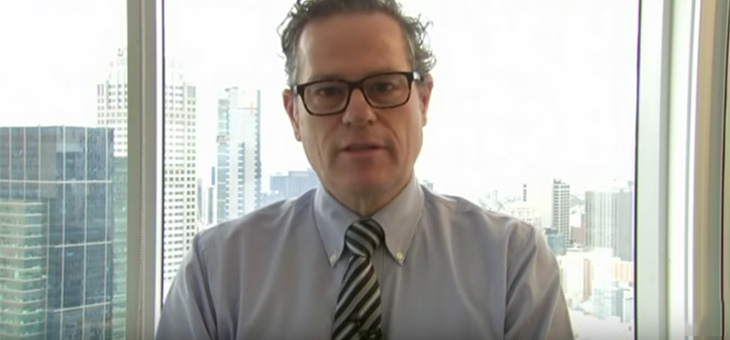Australian superannuation funds fear the Government’s retirement income review could erode people’s savings, after the appointment of an inquiry member with a history of critiquing the super sector.
Industry Super Australia chief executive Bernie Dean believes the appointment of Dr Deborah Ralston could compromise the review, which is set to explore super tax concessions, means testing for the Age Pension and voluntary savings.
“I’m not suggesting for a moment that we need to approve the appointees,” Mr Dean told The New Daily.
“But putting up people to lead an allegedly open review who have very fixed and pre-determined views of what the outcome should be, that’s not going to instil much confidence.”
Dr Ralston recently campaigned against Labor’s pledge to scrap refundable franking credits and has also lobbied to make super voluntary for lower-income earners.
While Prime Minister Scott Morrison defended Dr Ralston’s appointment, saying she had the “right experience” in the area and the Government’s full support, backlash from the Labor Party and the super industry about her appointment has led to her resigning from her role as chair of the SMSF Association.
Regardless of Dr Ralston’s role change, Mr Dean has expressed concerns that the Government might use the inquiry as a “stalking horse to take people’s savings away”.
“There’s two significant debates going on. The first is whether super should be compulsory or optional, and the second is whether the [amount of super] that employers pay on top of wages should be frozen,” said Mr Dean.
“Both of those are bad ideas. Winding back compulsory super would leave the whole country worse off, as we’d all end up paying more tax to support a flood of people fully relying on the pension.”
Currently, employers contribute 9.5 per cent of an employee’s salary towards their super fund. That figure is set to increase by 0.5 per cent a year from 2021 until 2025.
While the Grattan Institute claims these increases will come at the expense of a pay rise for workers, the Australian Institute of Superannuation Trustees chief Eva Scheerlinck said the increases were a “pivotal measure to improve retirement income adequacy across all working Australians”.
“We hope that the review focuses on ways to make super stronger, not weaker,” she said.
“This means sticking to the legislated timetable to increase the compulsory super rate to 12 per cent by 2025 and focusing on plugging the gaps in the system to make it fairer for all.
“There is also the need to re-examine how the Age Pension currently interacts with the super system and whether the tax concessions could be better targeted,” she added.
Liberal backbencher Andrew Bragg has also called for superannuation contributions to be made voluntary for people earning less than $50,000 a year, claiming that compulsory super makes it more difficult for people to buy a home and costs the Government too much money.
Yet Australia currently spends around 4.4 per cent of its Gross Domestic Product (GDP) on retirement incomes, well below the OECD’s 2013 average of 7.6 per cent.
Do you think super contributions should be voluntary for lower-income workers? Is Dr Ralston the right person to sit on a retirement income review panel?
If you enjoy our content, don’t keep it to yourself. Share our free eNews with your friends and encourage them to sign up.
Related articles:
Retirement review compromised?
Retirees’ happiness on the slide
Retirees too conservative with super

